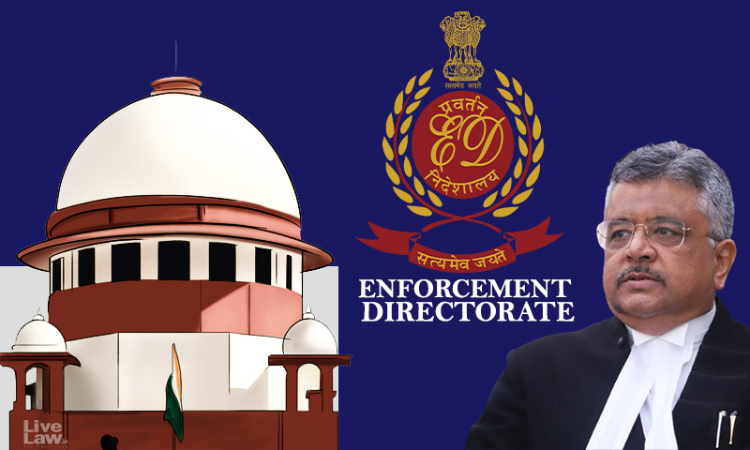Acquittal In Predicate Offence Won't By Itself End PMLA Proceedings : Solicitor General Tells Supreme Court
Mehal Jain
24 Feb 2022 7:44 PM IST

Next Story
24 Feb 2022 7:44 PM IST
Responding to a batch of petitions challenging the procedures under the Prevention of Money Laundering Act, Solicitor General of India Tushar Mehta on Thursday told the Supreme Court that "the impression which is created that at the drop of the hat, searches are conducted and attachments are made under the PMLA" is not correct."In the last 17 years, investigation was carried out in 4700...
